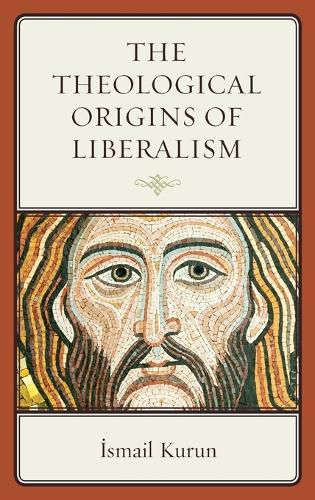Readings Newsletter
Become a Readings Member to make your shopping experience even easier.
Sign in or sign up for free!
You’re not far away from qualifying for FREE standard shipping within Australia
You’ve qualified for FREE standard shipping within Australia
The cart is loading…






This eye-opening book offers a critical survey of the true origins of liberalism. It challenges the widely held belief among social scientists that liberalism was developed in opposition to Christianity. Beginning with the Protestant Reformation, it illustrates how Christian thinkers reinterpreted Christianity and used a set of indemonstrable biblical presuppositions from their reinterpretations to develop the first liberal ideas, starting a process that culminates in the birth of the first liberal political theory in the writings of a devout Christian philosopher, John Locke. It explains how the Protestant Reformation, covenant theology, anti-trinitarianism and medieval Christian natural law theories formed the foundations of liberalism. Thus, the central claim of this book is that liberalism is better understood as a radical reinterpretation of Christianity that emerged in the post-Reformation and early modern period. As a logical consequence of revealing the hitherto generally neglected roots of liberalism, it eventually proposes that a legally pluralist liberal political theory is the best way to maintain human dignity and peace in multi-religious societies of today’s globalized world.
$9.00 standard shipping within Australia
FREE standard shipping within Australia for orders over $100.00
Express & International shipping calculated at checkout
This eye-opening book offers a critical survey of the true origins of liberalism. It challenges the widely held belief among social scientists that liberalism was developed in opposition to Christianity. Beginning with the Protestant Reformation, it illustrates how Christian thinkers reinterpreted Christianity and used a set of indemonstrable biblical presuppositions from their reinterpretations to develop the first liberal ideas, starting a process that culminates in the birth of the first liberal political theory in the writings of a devout Christian philosopher, John Locke. It explains how the Protestant Reformation, covenant theology, anti-trinitarianism and medieval Christian natural law theories formed the foundations of liberalism. Thus, the central claim of this book is that liberalism is better understood as a radical reinterpretation of Christianity that emerged in the post-Reformation and early modern period. As a logical consequence of revealing the hitherto generally neglected roots of liberalism, it eventually proposes that a legally pluralist liberal political theory is the best way to maintain human dignity and peace in multi-religious societies of today’s globalized world.